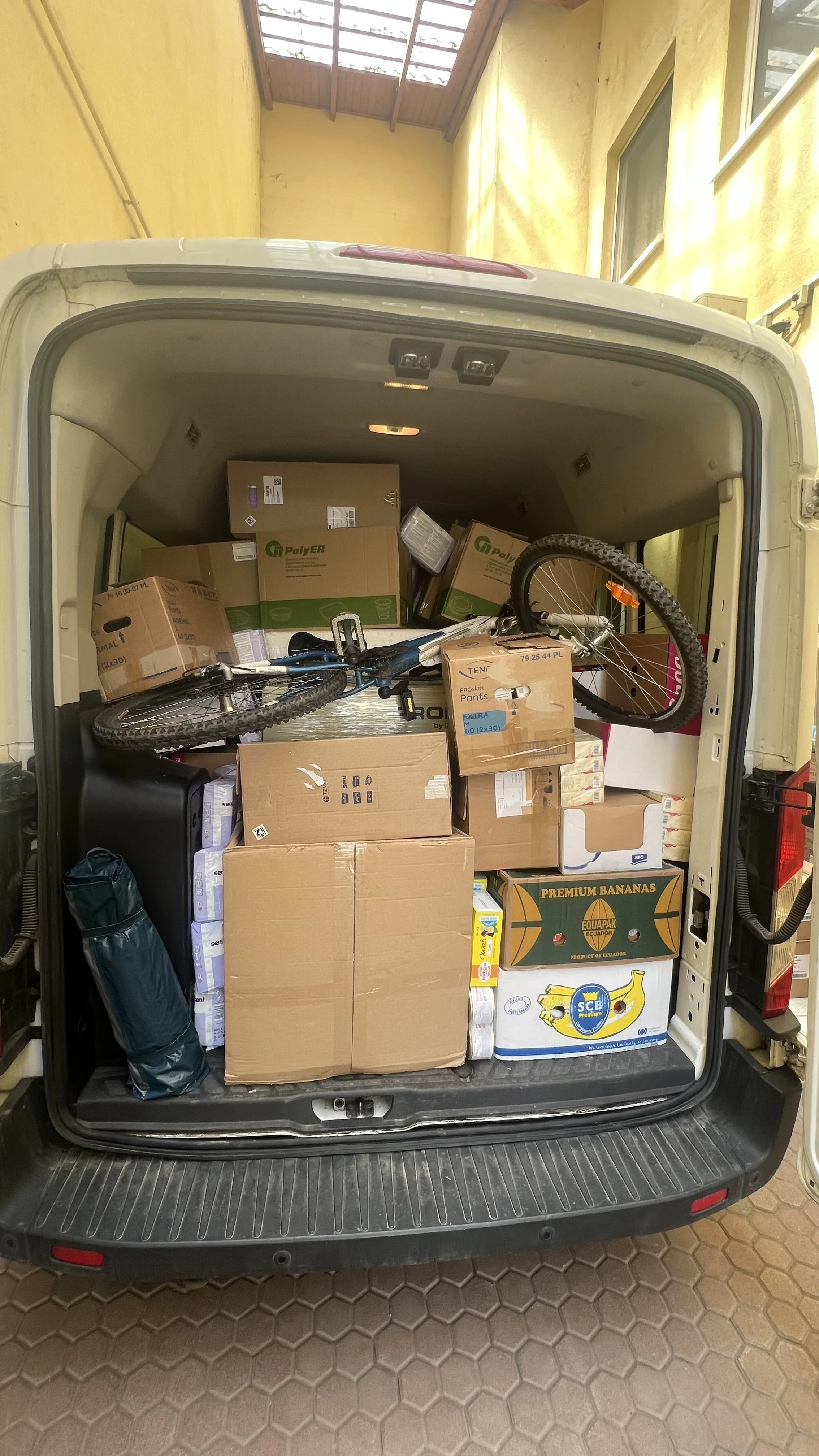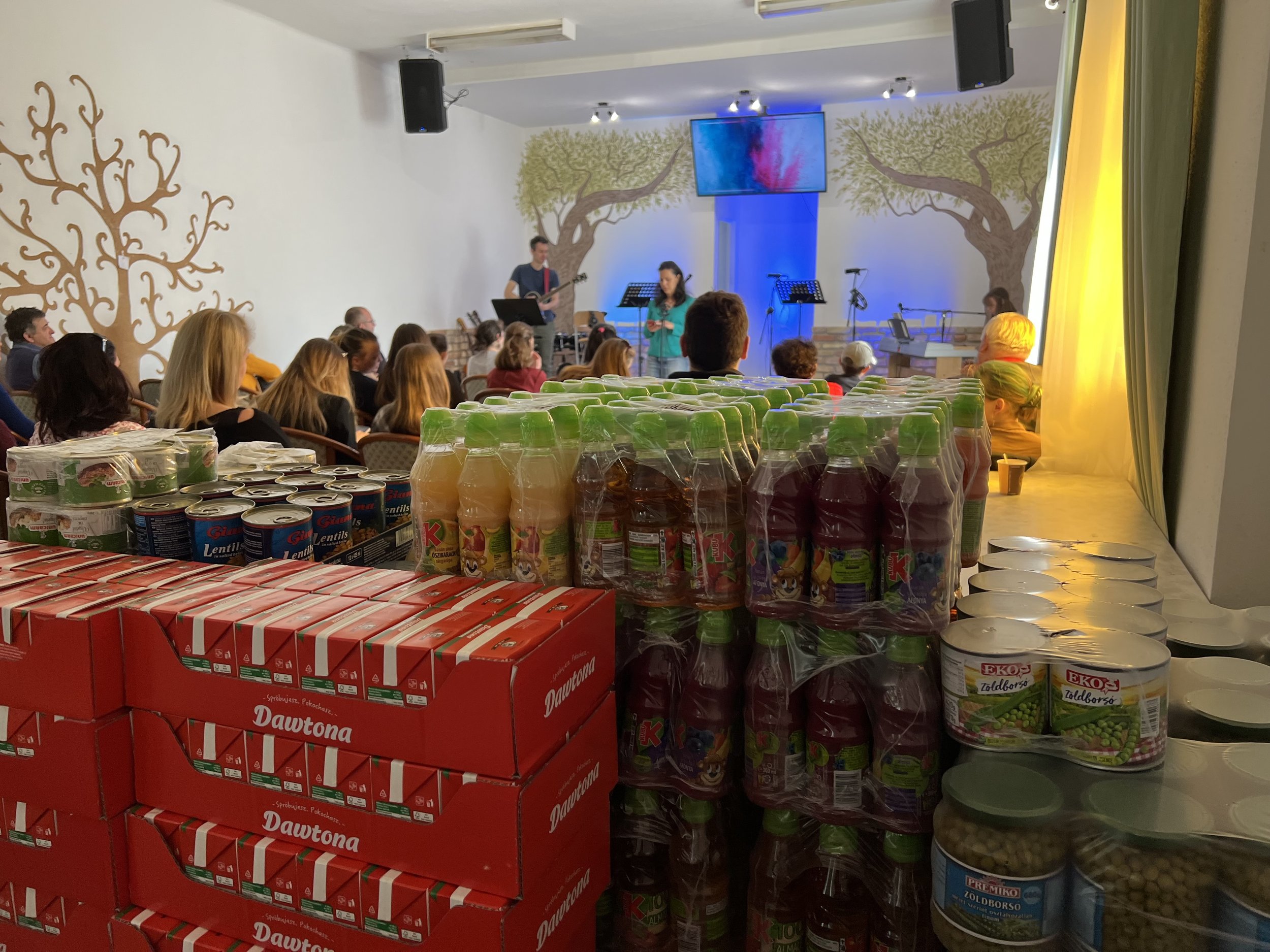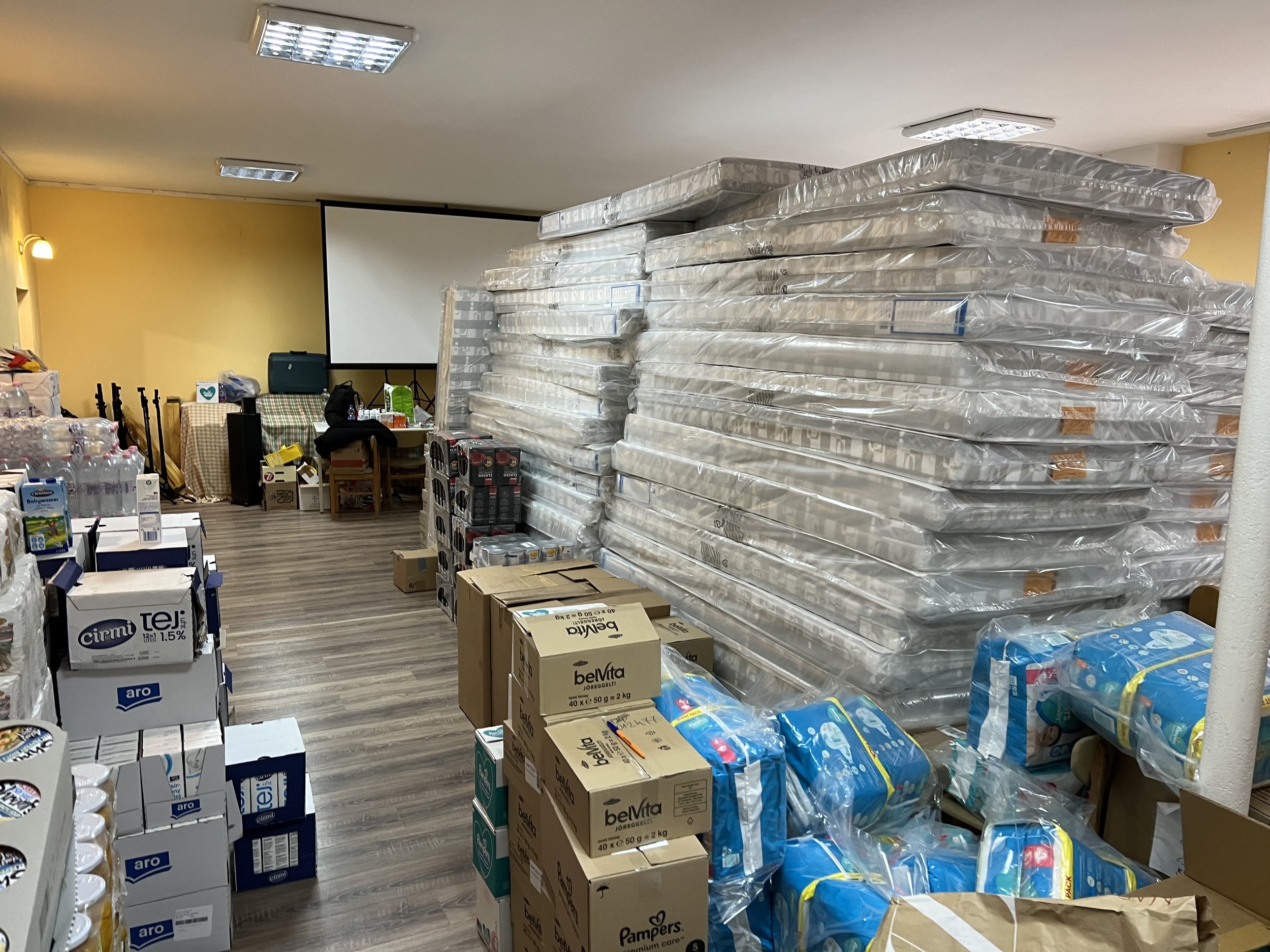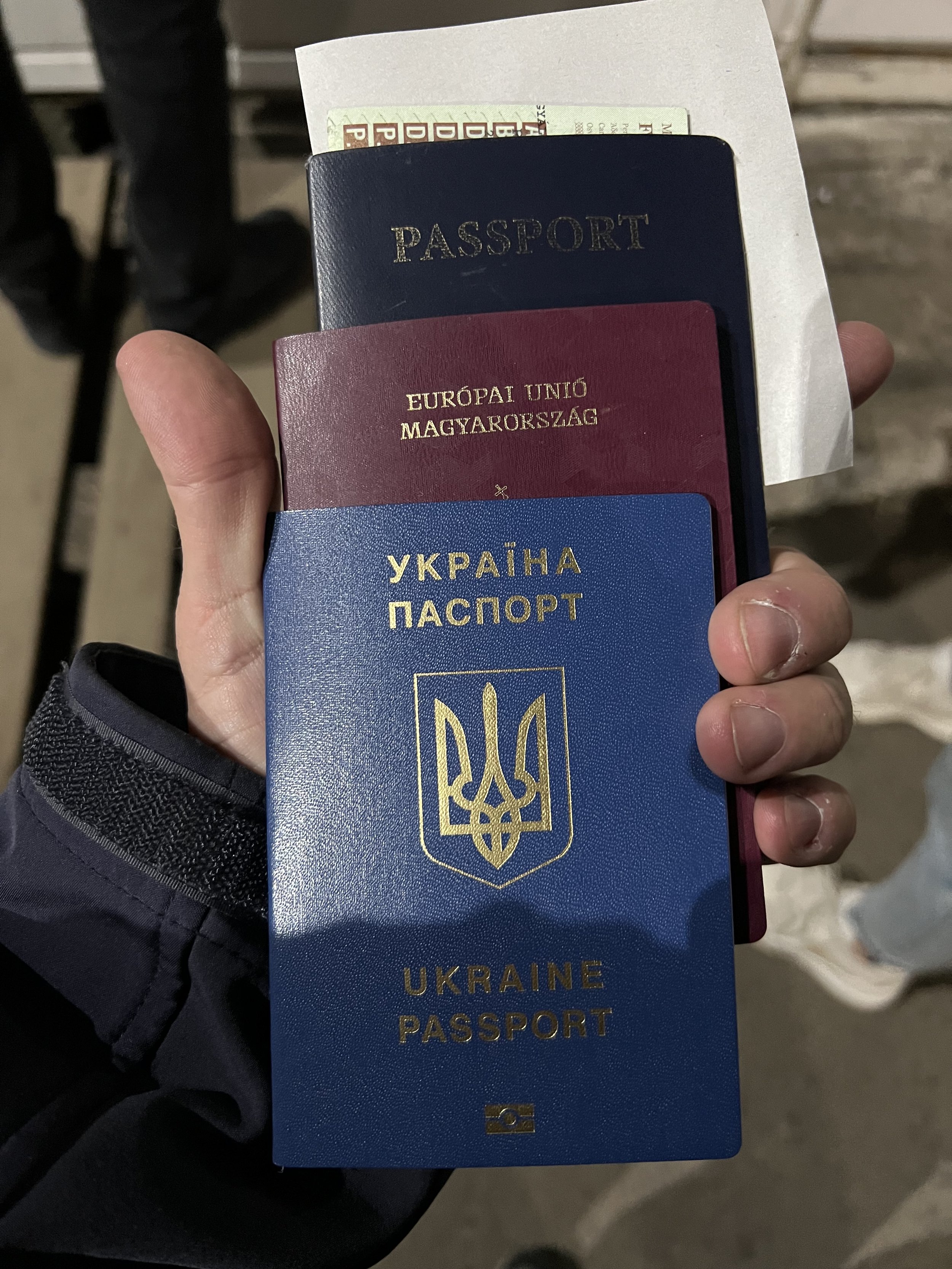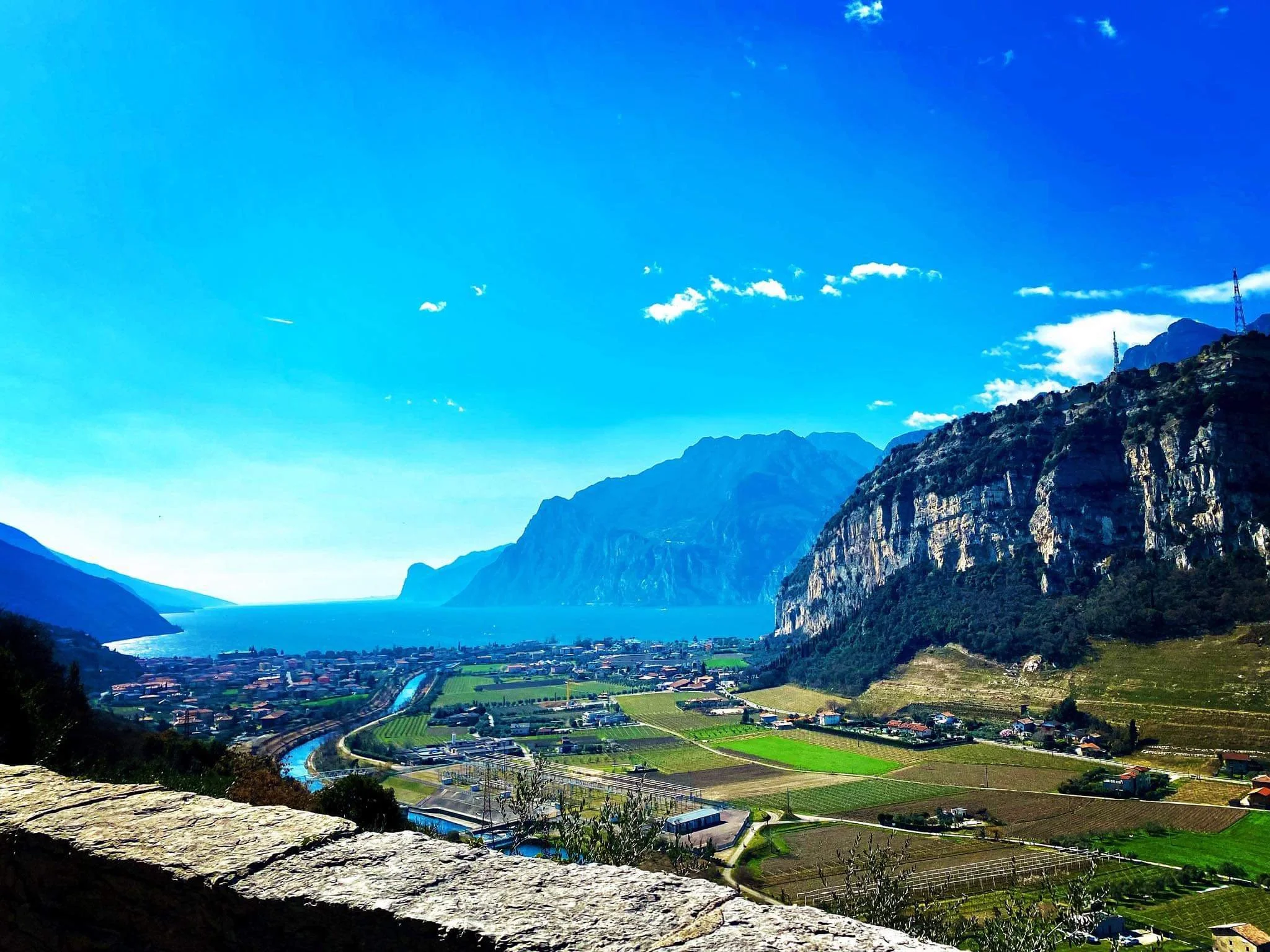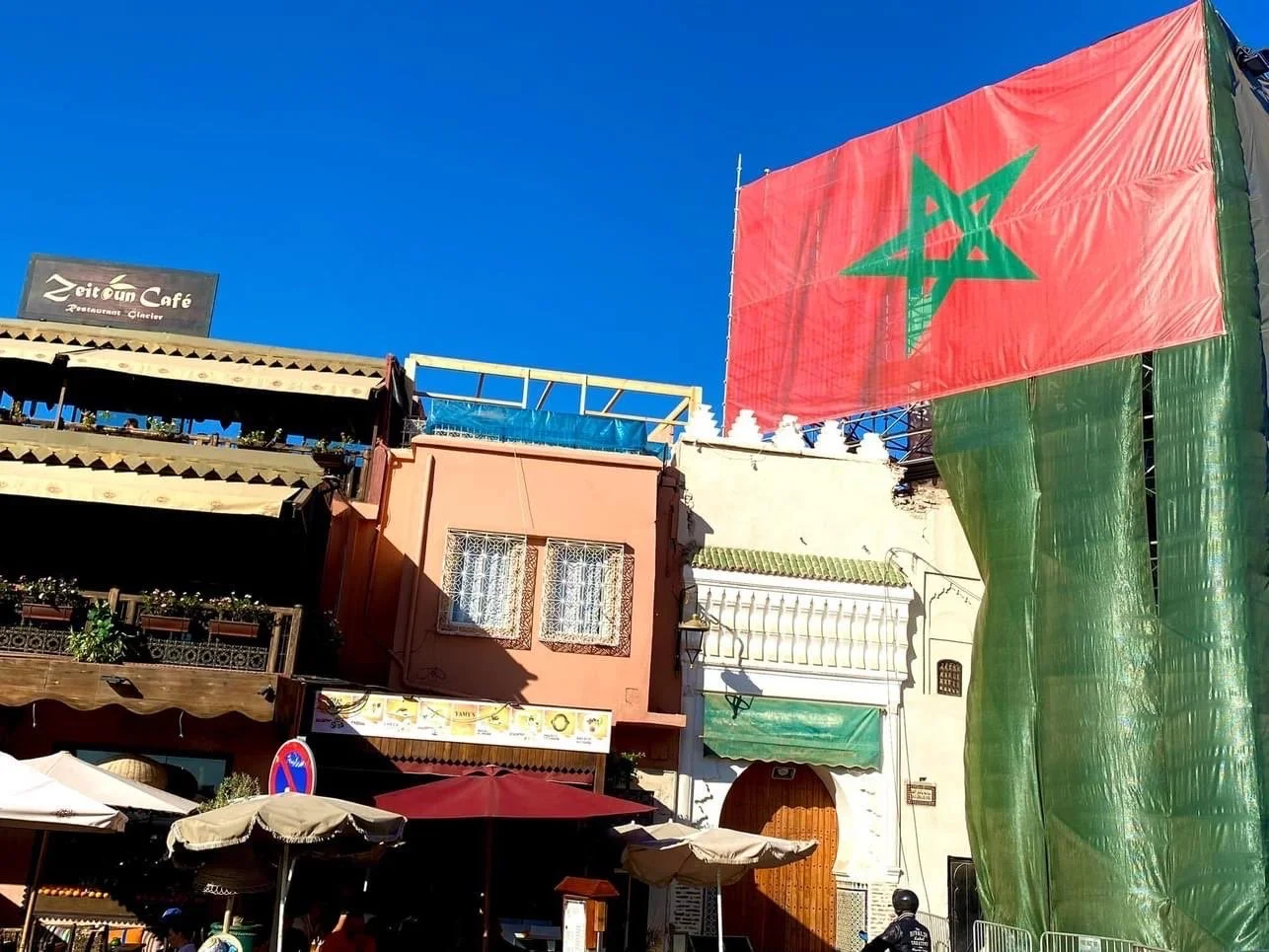“We are Russians. We are trying to get back to Russia. My father is a soldier. And he said that it is safer to go west through Ukraine in order to avoid the war area.”
The lies of a five year-old child.
Lies that the mother had trained all her children to repeat so that they could get to safety.
I will never forget sitting in an apartment in western Ukraine. It was summer 2022. We sat in a room that had been a small clothing store only a few weeks earlier. Once the life of all Ukrainians got turned upside-down, this store closed so that its space could be converted into living quarters for the many displaced families in need of a place to stay.
It was in that room that I met a mother and her five children, emphasis on the word children. The two oldest were barely 15 or 16, and the youngest was no older than 4 years old.
This family fled their home in the far east of Ukraine and traveled westward, seeking safety. Like so many others, though, they hesitated at the very beginning of the invasion.
Instead of jumping in a vehicle at the first sounds of warfare, they stayed, hoping that things would calm down and return to normal.
Nobody wants to believe the worst. And nobody wants to literally abandon their home and possessions in pursuit of the truly unknown.
That little multi-day hesitation could have cost them their lives, though. By the time they wanted to flee, it was much more dangerous and difficult to do so.
Where they were once surrounded by quiet streets, schools and homes, now they were surrounded by obvious signs of war. Destroyed buildings. Dead bodies. Roads rendered impassable. Military checkpoints on the only remaining routes in or out of the city. Foreign soldiers, too. Russian soldiers.
In between the beginning of the invasion and the time this family was able to flee their home, they endured many unimaginable things. Sights. Sounds. Feelings. Thoughts. Even if their bodies remain intact, their souls undoubtedly bear much scarring.
And so there we sat as they told their stories. I sat in absolute disbelief as these children recounted stories that no child should ever be familiar with. Here are some excerpts from that conversation. If you read nothing else, please read this…
Listen to their description of being trapped in their home town and then their eventual escape. These are their own words, translated to English. These are direct quotes, transcribed from an audio recording. This is not an imagined conversation.
ON BEING TRAPPED IN THEIR WAR-TORN TOWN:
They didn’t have any water and like they said we survived only because of rains and snows. When it was snow, we melted the snow, for example, to flush the toilet and when it rained it was very good. Because out of the roof it dropped and we could just get some jars or something and catch some water from the roof, because no water was [there] at that time.
There was some kind of like schedule of the shooting. They knew of the bombings or missiles. They knew when, for example. Yulia told me that from 9 am to 12am, they were doing these shootings and the missiles, and then they stopped and it was quiet hours, but not normal quiet.
The only place for connections, where you can call to your friends or relatives was the nearby hill. But that hill was mostly bombed, like mostly shooted to that hill. So they had this one month, like one month opportunity to go to the hill, and you never know whether you will be back to call your relatives and just says that ‘oh I am alive,’ and then you go back and you never know if you will be back alive or not.
All of the stores were robbed. No food, no kitchen, nothing, no medicine, no drug stores. And the first two months, no humanitarian aid even came to the city, like nothing, no help, the first months.
Dead people were everywhere, like in the parks, in the squares. So people were buried just in the streets, like in the local square or park. Some people buried in their gardens of their homes.
To have shower, we needed to heat up the water on the fire, in the yard for example. And then someone is just pouring the water into you so you can have some shower.
Kids never slept at home, they always slept in the cellar, they said because it was so scary to stay overnight, upper of the ground. And they were not allowed to use any light, like flashlight for example, because Russians said that whoever will do that, like any light, we will shoot.
They had snipers, is that the word, on the high houses. So the highest ones, they had snipers all over the city to shoot everybody who is going at nighttime with light. Any light they see, they shoot.
These things are relayed to me by children, none of whom would be legally allowed to drive a car in most places in the world. Their mother sat in their midst and it was obvious that they drew great strength from this brave woman, this woman who kept her children safe and alive during these times, this woman who found a way to deliver her children to safety.
Hear more of their story:
ON THEIR ESCAPE TO THE WEST:
The last part of the story, they will share how they get out of the city. We found the person who was doing rides, just giving rides to people. People are doing that, like a work, a job. They offer the service of taking people out of the city, but they are very expensive now, like extremely expensive. Four thousand hrivnas per one person (March 2024 rate: $105. So two years earlier, at least that amount, if not much more...).
[Note: Keep in mind, basically those with financial means to leave Ukraine had already done so…]
Finally the Red Cross agreed the ‘Green Corridor’ at that time. So we left that Sunday night and we didn’t use any highways or any roads, we just went through the fields. Because any road was where just everybody was shooted at. So we escaped only through the fields, and we had eighteen blockposts to go through. And one of those first blockposts, the youngest daughter was asked by a very rude solider, Rusisan military guy, lots of questions.
He asked her questions like ‘who are we, who’s with you in the car, where’s your mama?’ The main question they needed to know the answer is ‘where is your dad??’ And they said, ‘like mama said. We are divorced.’
And they asked the young girl, they said ‘little girl, is he military? Is he in the service, in the army??’
And she said ‘no.’ And they pretended, the whole family pretended that they are going to Russia, because to escape the city they needed to go, seems to Ukraine first, but they told the army that they are going to Russia, that’s how they allowed them to escape.
So when they were going through the blockposts, one of the posts that they passed, was the place where the cassette was just two minutes before bombed or however you say, and there were people who were dead on the left side, and people who were injured on the right side from Russian army, because Ukrainian army got to their point.
And she says like we tried to close the eyes to the youngest daughter so she couldn’t see that,
but it was very scary to go through this corridor of dead and injured people,
but they were all Russian military.
They went through these 18 Russian blockposts. And one of these blockposts was the serious one before they left. They checked everything, even cellphones, every picture you have so you won’t have any information about the army, the military or something.
As we didn’t have any boys who were over 16 years old, we were faster going through these blockposts. And then for four kiliometers (2.5 miles) we needed to walk, just by our foot.
Even though it was Green Corridor, the Russians still shooted in this corridor. And then the Red Cross organization took us after we walked, and they took us to the Ukrainian blockpost. And then they were set in a school and it was Ukrainian territory. So there it was pretty good, they were just registered and it was really good because it was our army who registered.
Through this entire visit, my eyes are continuously drawn to the mother, sitting across the room surrounded by her children. As is typical for moms, she’s busy wrangling the small ones, while the older ones tell these stories, with her chiming in every now and then to add additional details herself.
This is the image of a Mother.
This is the testament of a Mother’s Love.
You can tell she would do it all again (and so much more) to care for her children.
If you would like to give towards the Church of God Disaster Relief fund, earmarked for ‘Ukraine,’ please use this LINK.
As always, for security purposes, all names and locations have been intentionally withheld or altered.


